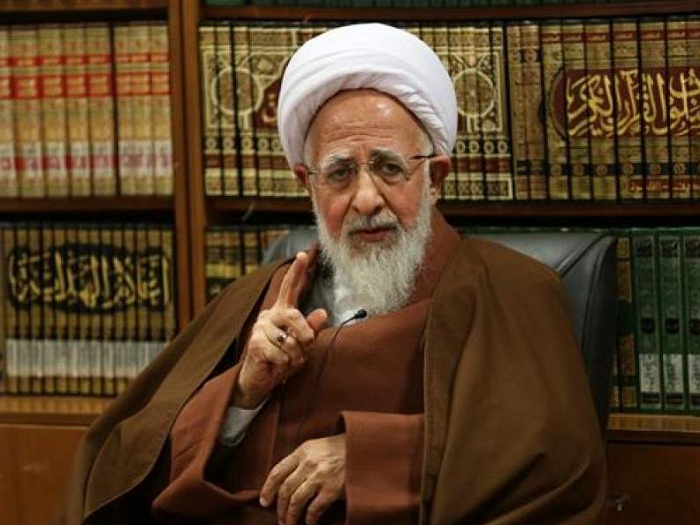Ayatollah Javadi Amoli's criticism of high bank interest rates

Ayatollah Javadi Amoli, criticizing the banking system, said: "The authorities have been repeated in this regard, but it should be said that when one gets a loan at a rate of twenty percent or twenty-five percent, he will look for it. Thirty percent of its profits.
Ayatollah Javadi Amoli, in a meeting with Ali Fazeli, chairman of the Iranian Guild of Chambers, said: "Despite the problems in the economy, obstacles can be removed if the country is properly utilized."
He said in a narrative of Prophet Ali (PBUH): "He says that everyone who has the means to make good use of his problems is solved and so now a lot of things are in the hands of the guilds and can use their ability to solve problems. .
Ayatollah Javadi Amoli reiterated: "Iran has a lot of godly and natural resources and it can be well managed if it is properly managed and the policies of resistance economy are implemented."
He explained with an example: "Why should a country that has so much land and natural resources need to import wheat, while we have the potential to be self-sufficient in the country, and even when we produce 14 million tonnes of wheat, we were thankful? . "
The Qom seminary professor criticized the banking system, saying: "The authorities have been repeatedly warned, but it should be said that when one receives a loan at a rate of 20% or 25%, he will seek Make that thirty percent of your profits. "
"The lack of proper management of the country's financial resources has led some to be very wealthy and some are still looking for jobs," he said, noting that the country lacks financial resources but does not know where to spend it. "The class gap has been condemned since the time of Prophet Noah."
Ayatollah Javadi Amoli, stressing the need to learn jurisprudence from the guilds, said: "If the belief that learning to practice lawful and forbidden matters and applying Islamic jurisprudence in business is blessed becomes institutionalized, many problems will be solved. . "
"Iran, despite having one percent of the world's population, holds about ten percent of the world's natural resources, but is still dependent on some of its products for export," he said. "It just needs proper management."
* Tasnim










